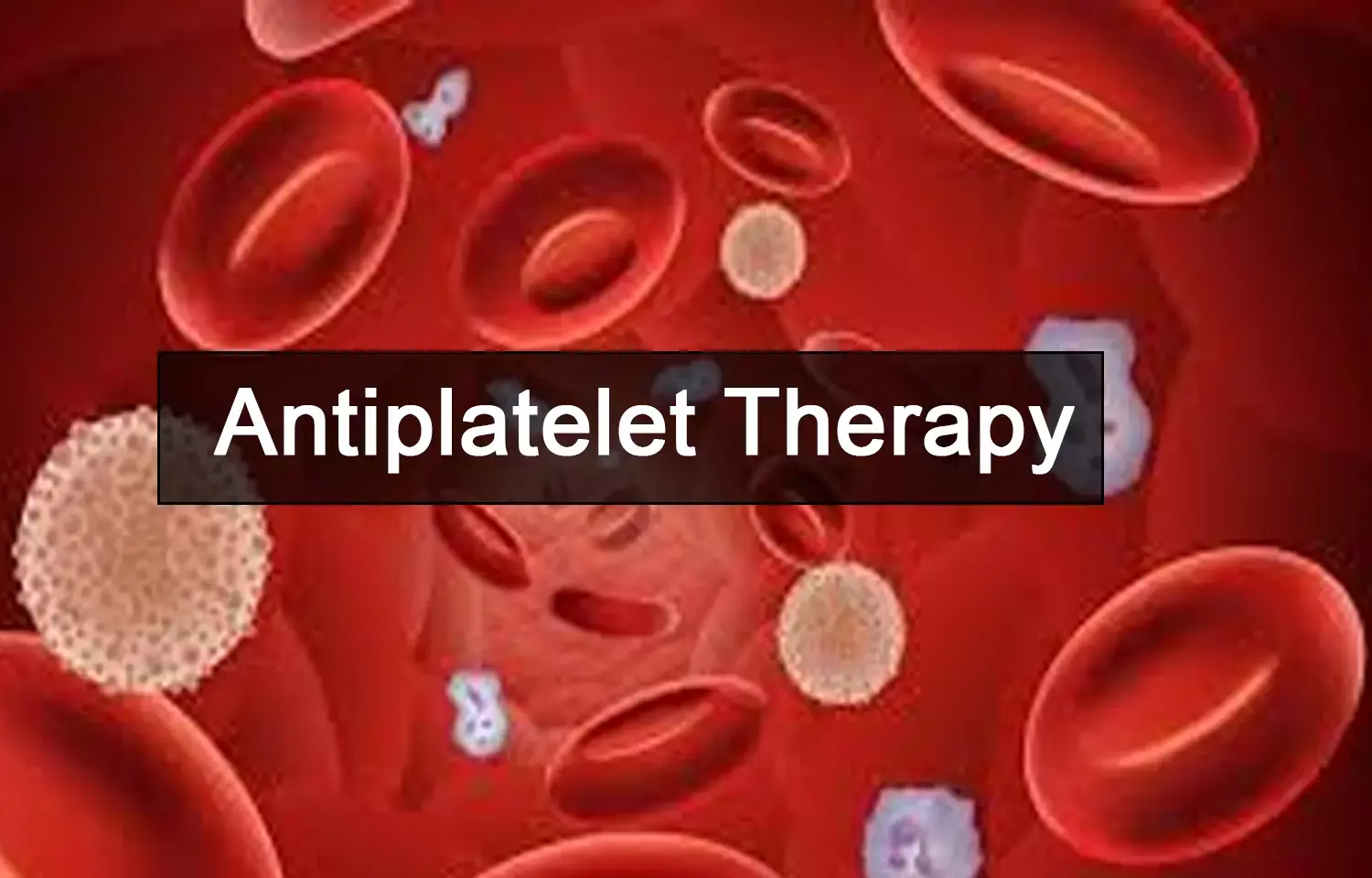- Home
- Medical news & Guidelines
- Anesthesiology
- Cardiology and CTVS
- Critical Care
- Dentistry
- Dermatology
- Diabetes and Endocrinology
- ENT
- Gastroenterology
- Medicine
- Nephrology
- Neurology
- Obstretics-Gynaecology
- Oncology
- Ophthalmology
- Orthopaedics
- Pediatrics-Neonatology
- Psychiatry
- Pulmonology
- Radiology
- Surgery
- Urology
- Laboratory Medicine
- Diet
- Nursing
- Paramedical
- Physiotherapy
- Health news
- Fact Check
- Bone Health Fact Check
- Brain Health Fact Check
- Cancer Related Fact Check
- Child Care Fact Check
- Dental and oral health fact check
- Diabetes and metabolic health fact check
- Diet and Nutrition Fact Check
- Eye and ENT Care Fact Check
- Fitness fact check
- Gut health fact check
- Heart health fact check
- Kidney health fact check
- Medical education fact check
- Men's health fact check
- Respiratory fact check
- Skin and hair care fact check
- Vaccine and Immunization fact check
- Women's health fact check
- AYUSH
- State News
- Andaman and Nicobar Islands
- Andhra Pradesh
- Arunachal Pradesh
- Assam
- Bihar
- Chandigarh
- Chattisgarh
- Dadra and Nagar Haveli
- Daman and Diu
- Delhi
- Goa
- Gujarat
- Haryana
- Himachal Pradesh
- Jammu & Kashmir
- Jharkhand
- Karnataka
- Kerala
- Ladakh
- Lakshadweep
- Madhya Pradesh
- Maharashtra
- Manipur
- Meghalaya
- Mizoram
- Nagaland
- Odisha
- Puducherry
- Punjab
- Rajasthan
- Sikkim
- Tamil Nadu
- Telangana
- Tripura
- Uttar Pradesh
- Uttrakhand
- West Bengal
- Medical Education
- Industry
P2Y12 inhibitor monotherapy 3 months after PCI sufficient to lower CV mortality: BMJ

Bern, Switzerland: The use of P2Y12 inhibitor monotherapy versus DAPT is associated with a similar risk of stroke, myocardial infarction, and death, and lower bleeding rates after coronary revascularization, finds a recent study in The BMJ.
"Owing to an association with lower cardiovascular mortality, P2Y12 inhibitor monotherapy may be particularly beneficial among female patients," wrote the authors.
Aggregate data meta-analyses comparing P2Y12 inhibitor monotherapy with dual antiplatelet therapy (DAPT) in patients undergoing coronary revascularization have shown a similar risk of ischaemic events and lower risks of bleeding with P2Y12 inhibitor monotherapy than with DAPT. Previous meta-analyses did not consider the initial DAPT phase, which is usually common to both experimental and control groups, and almost invariably failed to provide information on subgroups of interest.
Against the above background, Marco Valgimigli, professor of cardiology, University of Bern, Bern, Switzerland, and colleagues aimed to assess the risks and benefits of P2Y12 inhibitor monotherapy compared with DAPT and whether these associations are modified by patients' characteristics.
For this purpose, the researchers performed an individual patient-level meta-analysis of randomized controlled trials. They searched the online databases from inception to 16 July 2020. The review included RCTs comparing the effects of oral P2Y12 monotherapy and DAPT on centrally adjudicated endpoints after coronary revascularisation in patients without an indication for oral anticoagulation.
The primary outcome was a composite of all-cause death, myocardial infarction, and stroke, tested for non-inferiority against a margin of 1.15 for the hazard ratio. The key safety endpoint was Bleeding Academic Research Consortium (BARC) type 3 or type 5 bleeding.
A total of six studies consisting of 24 096 patients were included.
Key findings of the study include:
- The primary outcome occurred in 2.95% patients with P2Y12 inhibitor monotherapy and 3.27% with DAPT in the per protocol population (hazard ratio 0.93) and in 2.94% with P2Y12 inhibitor monotherapy and 3.36% with DAPT in the intention to treat population (0.90, 0.77 to 1.05).
- The treatment effect was consistent across all subgroups, except for sex, suggesting that P2Y12 inhibitor monotherapy lowers the risk of the primary ischaemic endpoint in women (hazard ratio 0.64) but not in men (1.00).
- The risk of bleeding was lower with P2Y12 inhibitor monotherapy than with DAPT 0.89% v 1.83%); hazard ratio 0.49), which was consistent across subgroups, except for type of P2Y12 inhibitor, suggesting greater benefit when a newer P2Y12 inhibitor rather than clopidogrel was part of the DAPT regimen.
"P2Y12 inhibitor monotherapy was associated with a similar risk of death, myocardial infarction, or stroke, with evidence that this association may be modified by sex, and a lower bleeding risk compared with DAPT," concluded the authors.
"Aspirin cessation from one to three months after coronary revascularisation and continuation with P2Y12 inhibitor monotherapy may be warranted instead of continuation of DAPT, especially in women," they wrote.
Reference:
The study titled, "P2Y12 inhibitor monotherapy or dual antiplatelet therapy after coronary revascularisation: individual patient level meta-analysis of randomised controlled trials," is published in the journal BMJ.
DOI: https://www.bmj.com/content/373/bmj.n1332
Dr Kamal Kant Kohli-MBBS, DTCD- a chest specialist with more than 30 years of practice and a flair for writing clinical articles, Dr Kamal Kant Kohli joined Medical Dialogues as a Chief Editor of Medical News. Besides writing articles, as an editor, he proofreads and verifies all the medical content published on Medical Dialogues including those coming from journals, studies,medical conferences,guidelines etc. Email: drkohli@medicaldialogues.in. Contact no. 011-43720751


